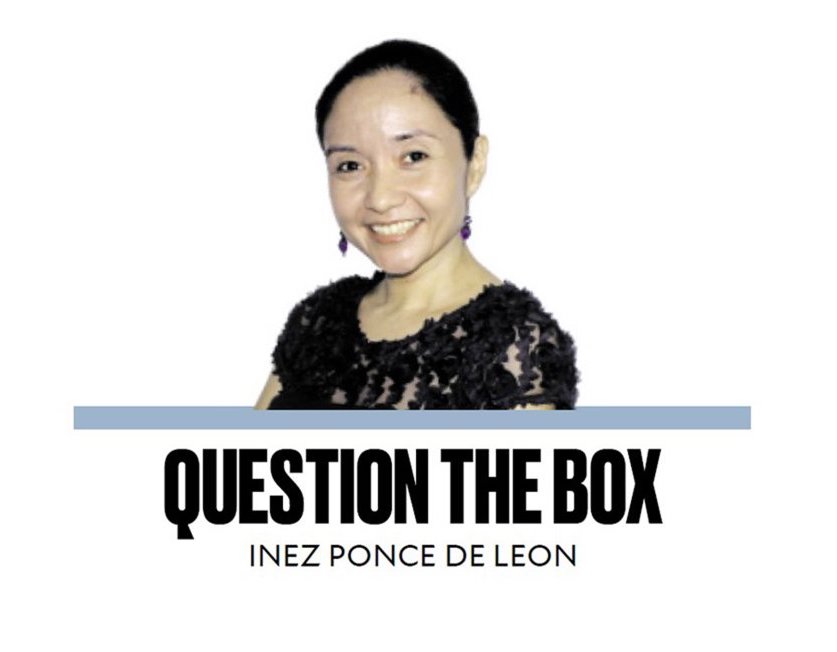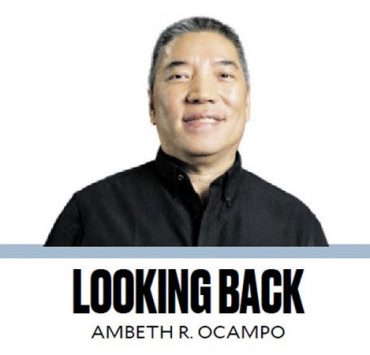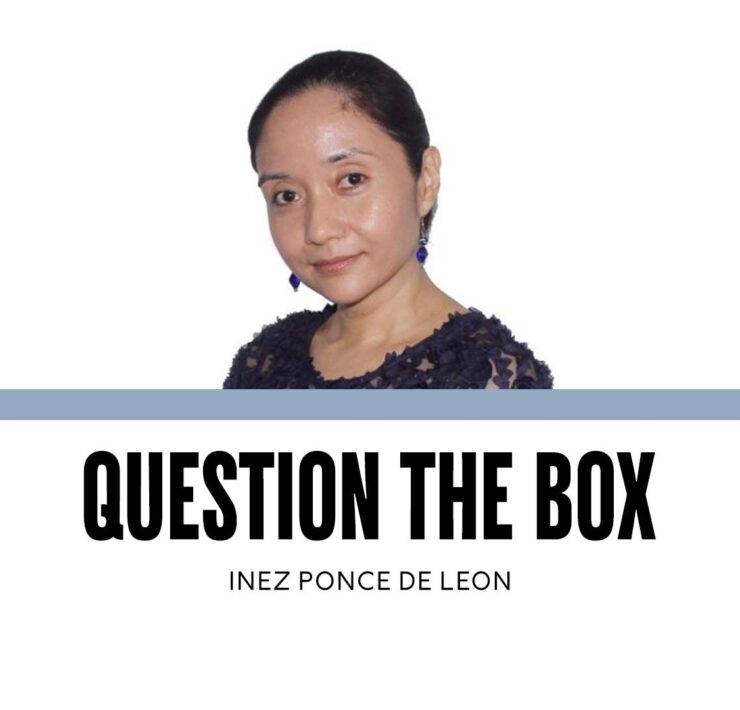General education as building blocks

Recently, there has been much talk about removing general education (GE) subjects (ethics, art appreciation, among others) at the tertiary level.
Lawmakers believe them to be redundant, an unnecessary expense for families who want their children to immediately get jobs after college.
This assumes that our job market needs only people who are good at specific tasks, with no logic imparted by long engagement with writing and philosophy; empathy ingrained through years of studying literature and art; an understanding of social issues sharpened by constant work in sociology and psychology; and a knowledge of one’s body and its place in space, courtesy of physical education.
If our job market just wants to put parts of machinery together and make them work without knowing each other’s roles or caring about each other’s lives, then yes, it would make sense to remove the GE curriculum.
On the other hand, if we want an actual population of thinking citizens and voters, of people working on careers rather than ticking off tasks to complete, then there had better be heads rolling in response to the inane idea of such an inhuman curriculum.
To reduce education to mere skills acquisition is to reduce all our colleges and universities to trade schools. To reduce education to a focus on specificities rather than a blend of disciplines is to assume that learning is confined to an exact space and time, that people never mature and cannot see the world in ways influenced by their experiences and emergent knowledge.
For instance: Juan Luna’s “Spoliarium” might be a painting for high school history as students learn about colonization and oppression. As they get older, they can tie the painting to the futility of rebellion in the face of monsters we have allowed to be our masters. They can call upon their social sciences subjects to act upon the refusal to ever be debased and dominated by abusive leaders.
Later, they can speak up when they see genocide, corruption, lies, and injustice—rather than ignore issues in favor of “good vibes.”
These are not insights picked up in a single year. They are honed as students continue to move in spaces where they can debate, exercise their empathy, learn how to listen.
Skills are not the enemy. A lack of character formation is.
All these ruminations came back one evening when I served as a lector at Our Lady of Pentecost Parish. In the gospel passage, Jesus told Simon, “You are Peter, and upon this rock, I will build My church.”
Our presider, Fr. Carlo Lacang, SJ, talked about Kamala Harris. Whether or not we agree with her politics, we cannot deny that she is the first to achieve many things.
Her mother once told her that she might be the first, but she should also pave the way for others so that she will not be the last.
Father Lacang talked about rocks: Peter was called a rock, but rocks can be stumbling blocks or elements of strength. They can be honed to create buildings or roads, or they could be inconveniently shaped so that they must be set aside, lest they make people stumble.
It was then that I realized that many of our lawmakers have sorted college classes into two groups: useful to meet an end goal versus stumbling block. They have defined the goal for us: people focusing on specific tasks in an economy, not expected to protest.
We have been defined as rocks that simply have to be put together, regardless of shape, and to endure everything in silence.
This blindness, this callousness to reality, is not only unjust, but it serves the purposes of governments that want a docile population that simply works rather than thinks, labors rather than critiques.
If we see education as building blocks that mold an entire human person, however, then everything changes. A well-crafted GE curriculum, with interdisciplinary engagement in one’s chosen field, should mold logic, empathy, a sense of history as interlaced lives moving through time, an appreciation of our natural world, our health, our bodies.
In this curriculum, we are not people reduced to tasks. We are whole human persons. In this curriculum, people are individuals of many different, emergent parts that must be reshaped through guidance and education.
Father Lacang ended with: ”What kind of rock are you? Do you work well with others and pave the way for more people to be like you, or are you a stumbling block that reserves all strength for itself?”
Letting go of GE turns us into stumbling blocks for each other, forced into a structure that is neither our wish nor our making. It is an extreme measure that does not address the problem of a lack of empathy, a refusal to listen to each other, a rejection of the marginalized running rampant in society today.
Improve the curriculum and how it is taught. Yes, the task is difficult, but education should be an investment that paves the road for all of us. It is not a mere stepping stone toward a wasteland of skills absent context.
Making education inexpensive and accessible should not mean making education cheap and pathetic.


















Wealth, power, and the Filipino future